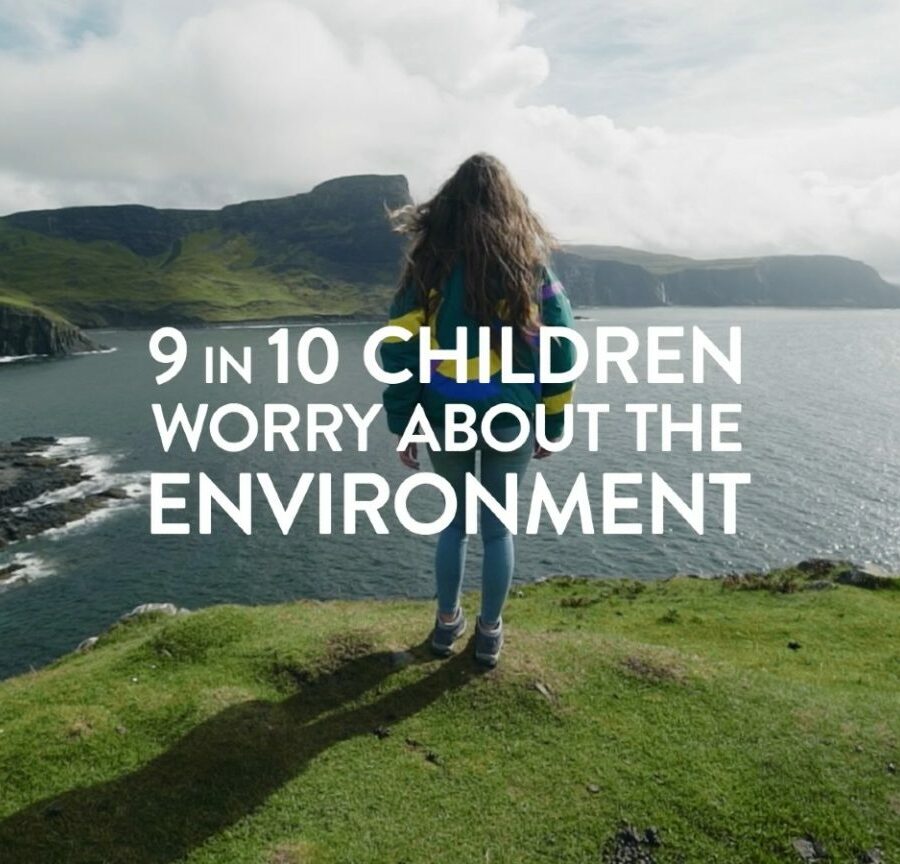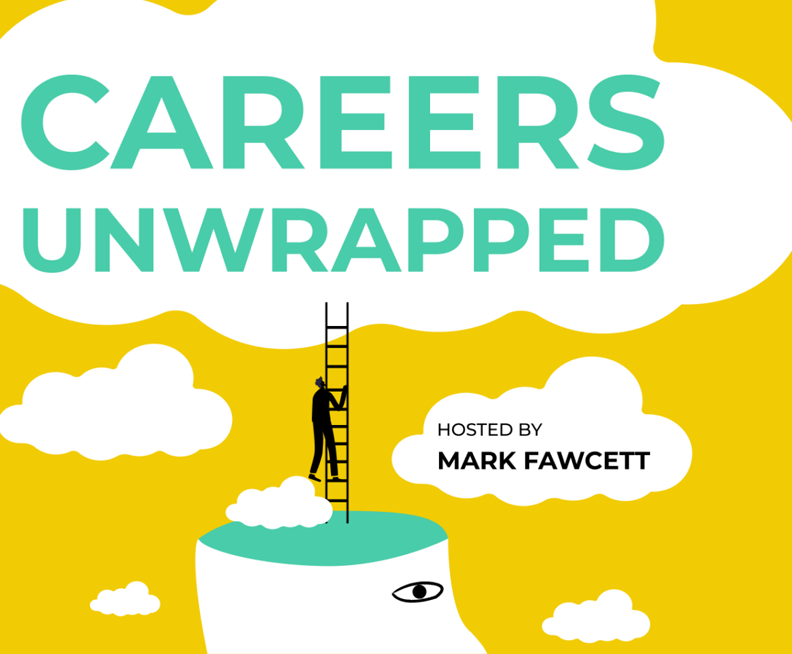The future of your business depends on how well you understand young people.

How engaging with Gen Z can help in the recruitment crisis, Personnel Today
13 July 2022
Personnel Today
By ignoring the adults of tomorrow, employers could be distancing themselves from a wealth of talent they will need as recruitment challenges persist. Mark Fawcett outlines how organisations can better engage and attract Gen Z.
With the exam season now behind them, a generation of teens and young adults will be enjoying a well-deserved summer of fun. But for many there will be an underlying uncertainty about what comes next.
Whether GCSE, A-Level or degree level students, they would have had a deeply difficult few years as the pandemic forced them out of the classroom and into their bedrooms, studying alone behind laptop screens.
The level of disruption to their education, confidence and results cannot be underestimated. I’ve worked with young people for 30 years and in that time have seen recessions, education ministers and employment booms and busts come and go, but I am certain it is today’s emerging adults who have experienced the greatest negative impact on their lives. For many the damage will last a lifetime.
And then consider in the impact of Brexit – which has thrown the jobs market and prospects of work overseas into disarray – and the cost of living crisis and it is clear this generation is phenomenally disadvantaged.
But as businesses face a recruitment crisis of monumental proportions, the young people are not the only ones facing an uphill battle. The future of every business depends on the quality of its employees, so when it becomes hard to find tomorrow’s talent, tomorrow itself suddenly looks less certain.
If you want to attract Gen Z it’s critical that their perception of your business is a positive one. Last month we unveiled the results of our first Social Impact Barometer that analyses, measures and ranks 100 top brands according to how 16-24 year-olds think and feel about them.
The barometer is based on three years of employee, customer and future customer data, and scores brands according to their emotional connection with this audience, their role as career makers (from skills development to mentoring, coaching and employability), the role brands play in individual development (including wellbeing, equality and diversity), within the community and in sustainability.
How a business is perceived publicly is a combination of both corporate communications and consumer marketing, their community involvement, the benefits they offer to consumers and the way they connect and engage with people individually.
The value of these emerging adults as employees, consumers and drivers of trends will grow enormously over the next few years, so an HR director who is not considering everything from touchpoints to tone of voice, messaging and added value will miss out on the opportunity to protect their business for the future.
There are several steps a business can take to improve the way they engage with young people for maximum mutual benefit.
Adjust your recruitment process – and your attitude
Businesses should be looking to employ school leavers and provide on the job training. By bringing in young people early and offering them the chance to earn money while learning the ropes and progressing through the ranks, businesses will in return earn loyalty and respect.
At present the demand for skills development far outweighs supply, with 83% of people seeking it and only 14% of employers offering it. In addition, provide mentorship – and advertise that fact. Make it clear that, in addition to training, incoming talent will be offered support as they get to grips with the job and set out on their career path.
Be their cheerleader
Young people in a post-pandemic world are more anxious than ever and respond well to encouragement and positivity. By tracking and celebrating their progress you will engage them in shared values and will boost their confidence, helping to further deepen their emotional connection with the business. Perhaps track their success online, offering a physical representation of their achievements and milestones.
Find the balance between old and new
Research by We Are Futures shows 44% of Gen Z expect to change jobs several times before they’re 30. This means businesses need to be agile and react quickly to the rapidly changing society in which we live. Be slow to respond and they will move on.
However, do not forget the power of in-person, face-to-face interaction. With so much of life now taking place behind a screen, memorable encounters deliver greater value and impact than ever.
Be the change they want to see
The defining characteristic of this particular generation is their passion and principles. They care deeply about major issues such as sustainability and the environment, equality and diversity and they want to respect their employer – and be respected for their choice of employment. They value job satisfaction and they need to add value and to make a difference.
This is a generation that values fairness and equality, and expects it from those around them, especially big business who wield power and influence. By demonstrating that you share this expectation of a fairer world, and living the verbal commitment you have made, you will resonate strongly with them.
This is a generation who values fairness and equality, and expects it from those around them, especially big business who wield power and influence.”
Authenticity is a central component of this. A digital-savvy generation, they are quick to dismiss poorly conceived or shallow attempts to jump on big issues and hot topics. Saying one thing and doing another is the quickest way to lose their respect while, conversely, signing up to progressive processes and weaving those through every possible facet of your business will earn you respect in spades.
Join up your communications
The final piece of the puzzle is the one that ties together all the above to deliver the desired results. Unifying all your messaging through every element of your communications is vital as social media and digital communications means young people are forming opinions about businesses from an array of brand touchpoints.
To date most businesses have separated their communications into three buckets: HR, talent and recruitment communications, consumer brand communications, and CSR and social impact information all of which are shared on different channels and with a different tone of voice, with little linking them.
But by failing to integrate the three elements, businesses are not making it easy for young people to engage with them. By establishing what you stand for and being present in a joined up way will influence whether they want to work for you.
It is essential that modern businesses do not live in the moment but instead protect their business for the future by paying attention to changing attitudes, expectations and experiences of young people. If an HR director of even the biggest corporation can begin to recognise and adopt these important shifts today they can start to make positive changes tomorrow that will pay dividends in years to come.
View other news & views

Scottish Water launches Generation H2O by We Are Futures
Read more
We Are Futures podcast-led initiative Careers Unwrapped helps brands develop talent in schools
Read more
It’s back to school time for brands: three lessons every client looking to engage with young people should learn.
Read more
Linkedin, Nintendo and Sky are Gen Z’s top employers
Read more
Nintendo and Spotify named as Gen Z’s favourite brands
Read more